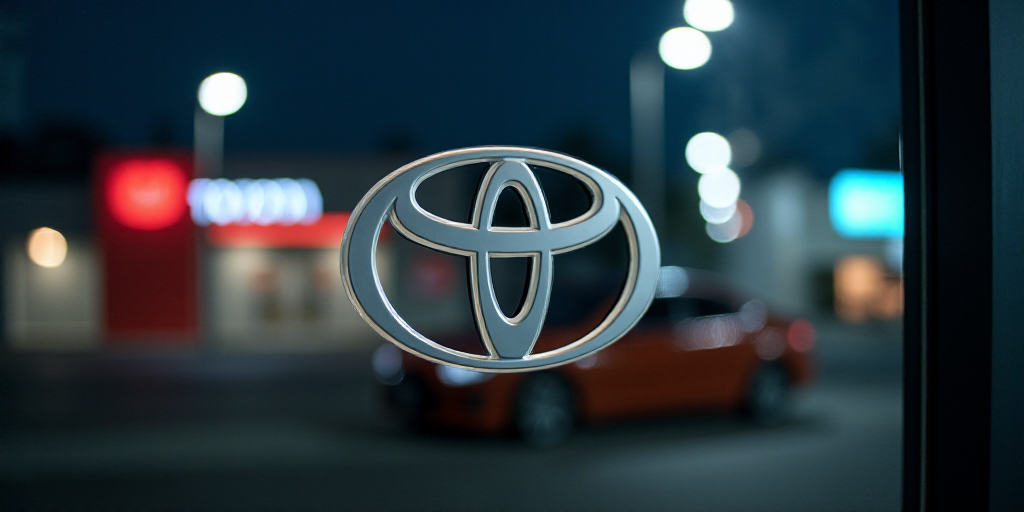The Current Landscape of Car Sales in Japan
Japanese automotive giant Toyota ranks as the second-largest car manufacturer in the United States, selling over 2.3 million vehicles last year. In contrast, American automotive leaders like General Motors and Ford have struggled to gain traction in the Japanese market. For instance, General Motors sold only 587 Chevrolets and 449 Cadillacs in Japan, while Ford decided to withdraw from the Japanese market nearly a decade ago.
While American cars are admired for their classic style, Japanese consumers tend to favor local brands when purchasing new vehicles. This preference is not due to a general dislike of foreign cars, as German brands like Mercedes-Benz and BMW sold over 50,000 vehicles each in Japan in 2024.
Trump’s Criticism and Trade Measures
In April, former U.S. President Donald Trump expressed frustration over the lack of American car sales in Japan, stating that Japan treats the U.S. “very badly” in trade. To address this issue, Trump imposed a 25% tariff on imported vehicles, posing a significant challenge for Japanese companies.
Despite the admiration for classic American cars, Japanese consumers trust local brands more when it comes to new vehicles. Yosuke Fukuda, a car dealer in Tokyo, attributes this to the perception that American cars may be more prone to breakdowns due to Japan’s narrower roads.
“Bola de Bolos” Controversy
Trump has also criticized Japan’s stringent safety standards, alleging that they use a “ball-bearing test” to reject American cars. However, a Japanese Transport Ministry official clarified that no such test exists; Trump might have confused it with a different impact test involving a human head dummy.
Japan may use relaxed import vehicle regulations as leverage in trade negotiations with the U.S., potentially expanding access to a simplified inspection process currently available for only 5,000 vehicle models per year.
Impact of Trump’s Tariffs
Trump’s tariffs have already prompted changes in the automotive industry. Nissan recently revised its plans to reduce production in the U.S., while Honda is shifting the production of its hybrid Civic model from Japan to the U.S.
However, American car manufacturers still face the challenge of low consumer demand in Japan. Hisashi Uchida, a 56-year-old construction worker, prefers his Toyota because “it doesn’t break down,” while Masamitsu Misawa, editor-in-chief of Japanese automotive magazine Car Top, believes American manufacturers don’t prioritize the smaller Japanese market.
Key Questions and Answers
- Q: Why are American cars not popular in Japan? A: Japanese consumers trust local brands more for new vehicles, partly due to perceptions about the suitability of American cars for narrower roads and concerns about fuel efficiency.
- Q: What measures has Trump taken to address this issue? A: Trump imposed a 25% tariff on imported vehicles, challenging Japanese companies and attempting to boost American car sales in Japan.
- Q: What is the controversy surrounding Trump’s criticism of Japan’s safety standards? A: Trump incorrectly claimed that Japan uses a “ball-bearing test” to reject American cars, when in fact, no such test exists.
- Q: How have Trump’s tariffs affected the automotive industry? A: Tariffs have led to changes such as Nissan revising U.S. production plans and Honda shifting hybrid Civic production to the U.S., but American manufacturers still struggle with low demand in Japan.






